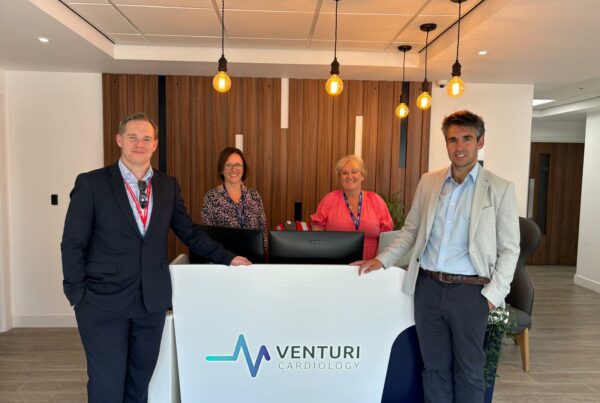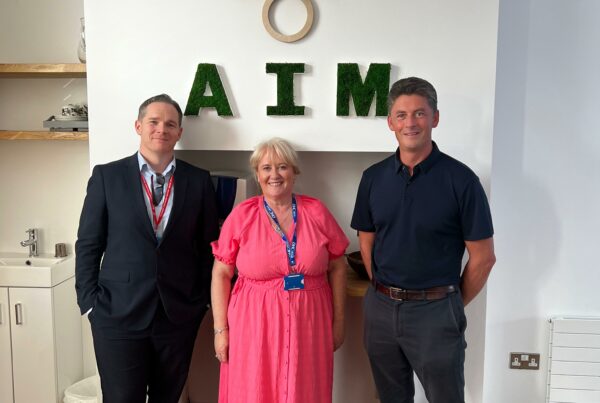If you are suffering from angina, coronary bypass surgery is one treatment option to alleviate your pain. The surgery redirects blood around a section of blocked or narrowed arteries in your heart by taking a healthy blood vessel from another limb to connect it below and above the blocked arteries.
Bypass surgery doesn’t cure heart disease, but it can ease its symptoms, including shortness of breath and chest pain. As a result, it can often improve heart function and even reduce the risk of heart attacks or fatal heart disease.
If you’re worried about angina symptoms and are suffering, your cardiologist might recommend this surgery as a treatment solution.
When might your cardiologist recommend bypass surgery?
You and your cardiologist might consider bypass surgery to alleviate your chest pain if:
- You have more than one diseased artery, causing your heart’s main pumping chamber to function at a lower capacity.
- A blocked artery can’t be treated by angioplasty.
- Your main coronary artery is severely narrowed or blocked.
- You have severe chest pain (angina) caused by the narrowing of several arteries, hence supplying less blood to the heart. This pain arises during even light exercise or at rest.
- You’ve had a previous procedure done to widen the artery (angioplasty or a stent), which has proven unsuccessful.
Occasionally, the surgery may also be performed as an emergency treatment in case of a heart attack if you are not responding well to other therapies.
What does bypass surgery mean for my lifestyle?
Bypass surgery does not fix the causes of heart disease. It enables more blood to reach the heart reducing your symptoms and making you feel more comfortable. You’ll still have to make lifestyle changes after your surgery.
Common lifestyle recommendations may include:
- Achieving and maintaining a healthy weight
- Regular exercise
- Stress management
- A healthy eating plan
- Stopping smoking
Your cardiologist will make recommendations as to the best lifestyle changes for you.
How to prepare for bypass surgery
Your cardiologist or doctor will advise you on how to prepare for the surgery.
It is helpful to have some assistance after your surgery. You may take up to six weeks to recover. In that time, you won’t be able to drive, work, or perform some of your normal daily chores. Make sure someone can stay with you and take care of you during this time.
Unless your surgery is an emergency procedure, you can expect to be admitted to the hospital on the morning of your surgery. The surgery takes between three and six hours and will require general anesthetic. Depending on how severe the blockages are, you may need more than one bypass.
After the surgery, you will have some cardiac rehabilitation whilst you are still in the hospital. This will include an exercise and education plan to help you recover. The exercise plan will continue in an outpatient setting and later from home.
In most cases, you can be discharged from the hospital within a week. Call your doctor if after bypass surgery you experience:
- Rapid heart rate
- Fever
- New or worse pain around your chest wound
- Reddening around the chest wound, discharge or bleeding
Questions about bypass surgery?
Venturi cardiologist is a private cardiology clinic in the Northwest of England, near Liverpool, Manchester and Cheshire. No matter what your heart health concerns may be, we are happy to book you in for a consultation to put your mind at ease.












